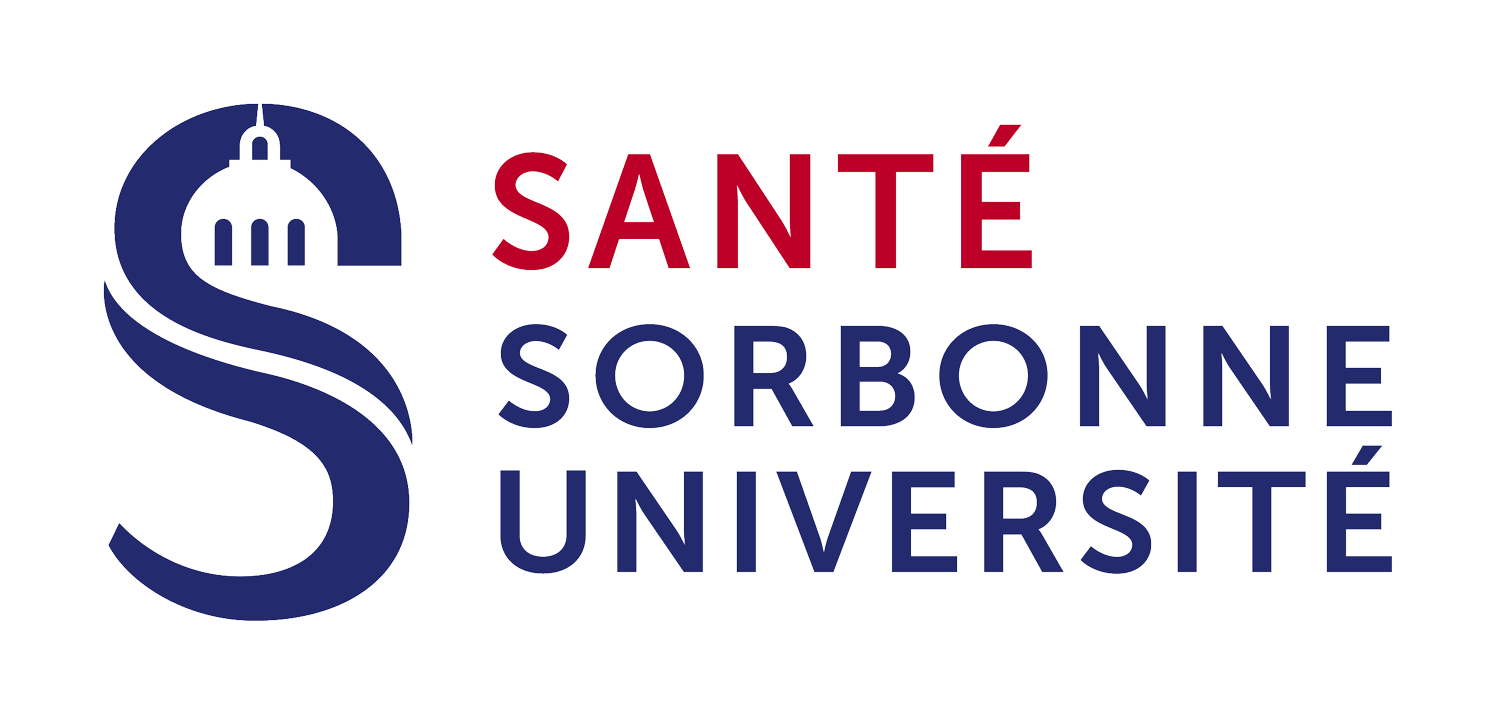Contribution of molecular biology tools in the study and surveillance of SARS-CoV-2 during the COVID-19 pandemic
In the context of the COVID-19 pandemic, innovative molecular biology tools were developed and employed on an unprecedented scale for the identification and analysis of the SARS-CoV-2 genome. Among these tools, next-generation sequencing played a pivotal role in comprehending the pathophysiology of SARS-CoV-2, monitoring the real-time dynamics of the pandemic, and investigating the virus's evolutionary patterns. This thesis aims to assess the impact of these molecular biology tools across three distinct studies. Firstly, by examining the viral diversity within the general population of the Ile-de-France region throughout the year 2020. Secondly, by tracing the nosocomial transmission of COVID-19 during the second wave at Sorbonne University Hospital Group. Lastly, by documenting the emergence of resistance mutations in high-risk patients undergoing monoclonal antibody treatments.





